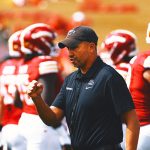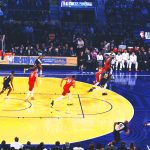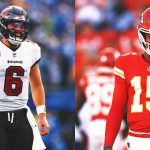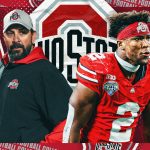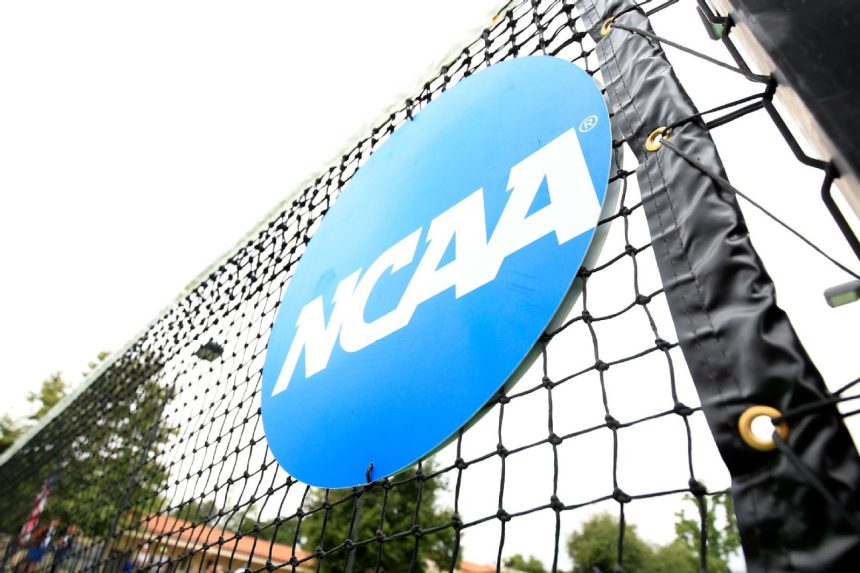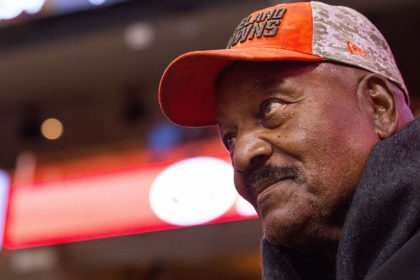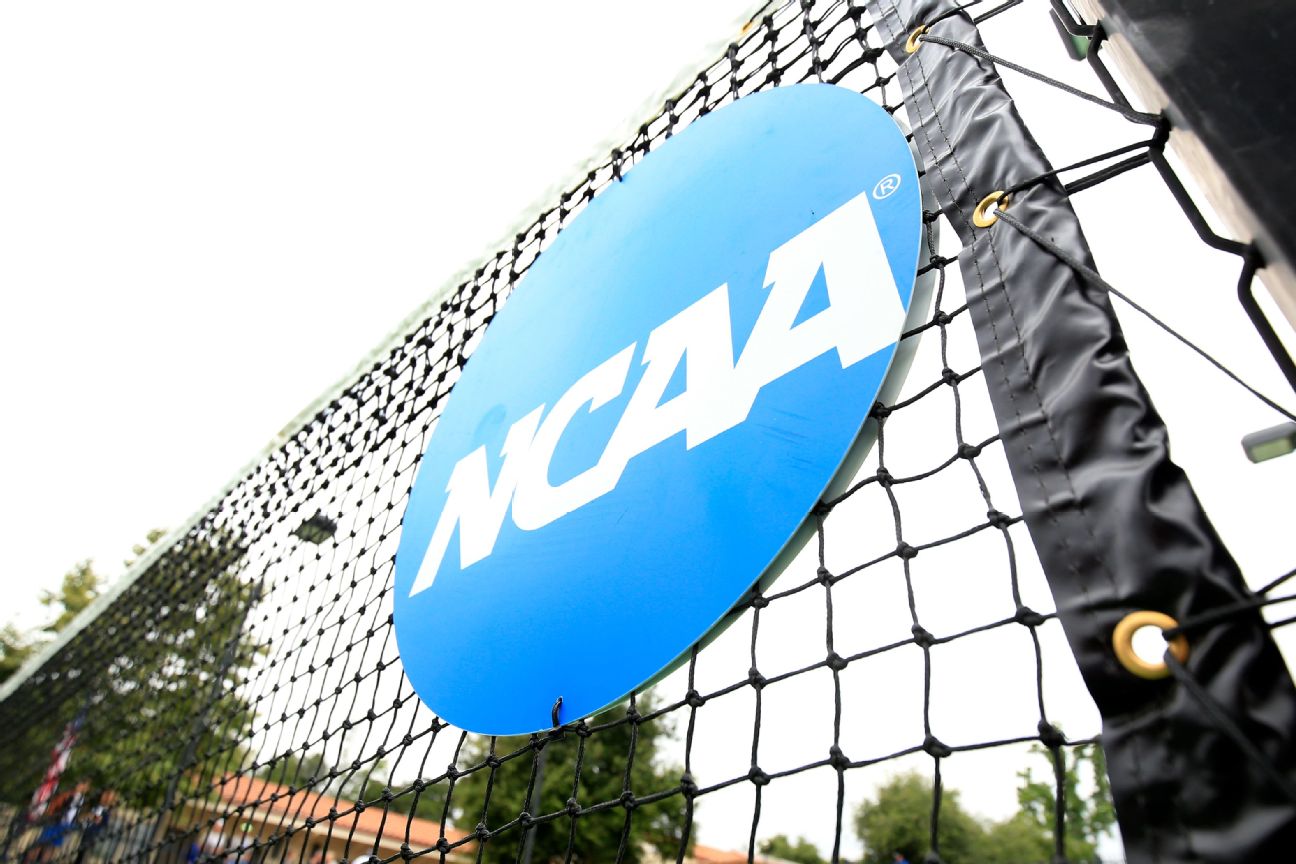
The NCAA on Wednesday announced that it was crafting detailed rules for name, image and likeness compensation and that all college athletes soon would be eligible for injury insurance after they leave school.
The NCAA Division I board of directors directed the Division I Council to deliver a proposal in October to regulate the way college athletes can make money off their fame. The NCAA lifted its ban on NIL compensation in 2021 and has been operating with an interim policy that broadly bans pay-for-play and recruiting inducements.
Myriad state laws, meanwhile, have been setting the rules for NIL, and college sports leaders have been lobbying federal lawmakers for help. NCAA President Charlie Baker said in June the organization needed to work on its own solution as a Plan B.
Echoing Baker’s NIL wish list, the board asked the council to present rules that would:
-
Create a registration process for agents and financial advisers who wish to represent college athletes and booster-funded NIL collectives.
-
Develop a standardized contract for NIL deals.
-
Establish disclosure requirements for athletes and collectives or companies that provide NIL compensation.
“We heard loud and clear that student-athletes are not always certain about what to look for in NIL contracts, and we hope to establish clear rules that help student-athletes navigate these deals to better — and more safely — capitalize on their NIL potential,” Florida associate athletic director Lynda Tealer said in a statement.
Tealer is chair of the D-I Council and the NIL working group.
Earlier in the day, the NCAA board of governors announced that, beginning this year, all college athletes will have access to health insurance to cover medical treatment for injuries sustained in college for two years after their eligibility expires.

